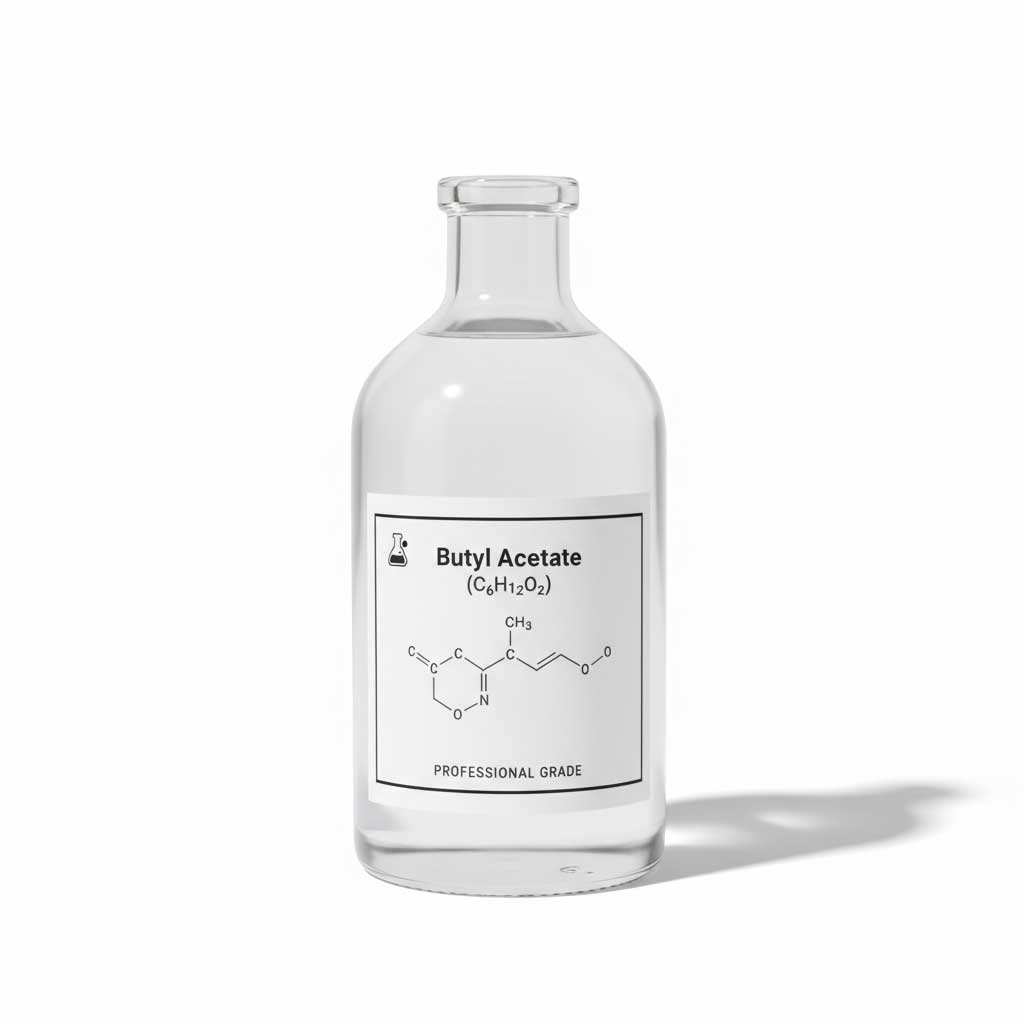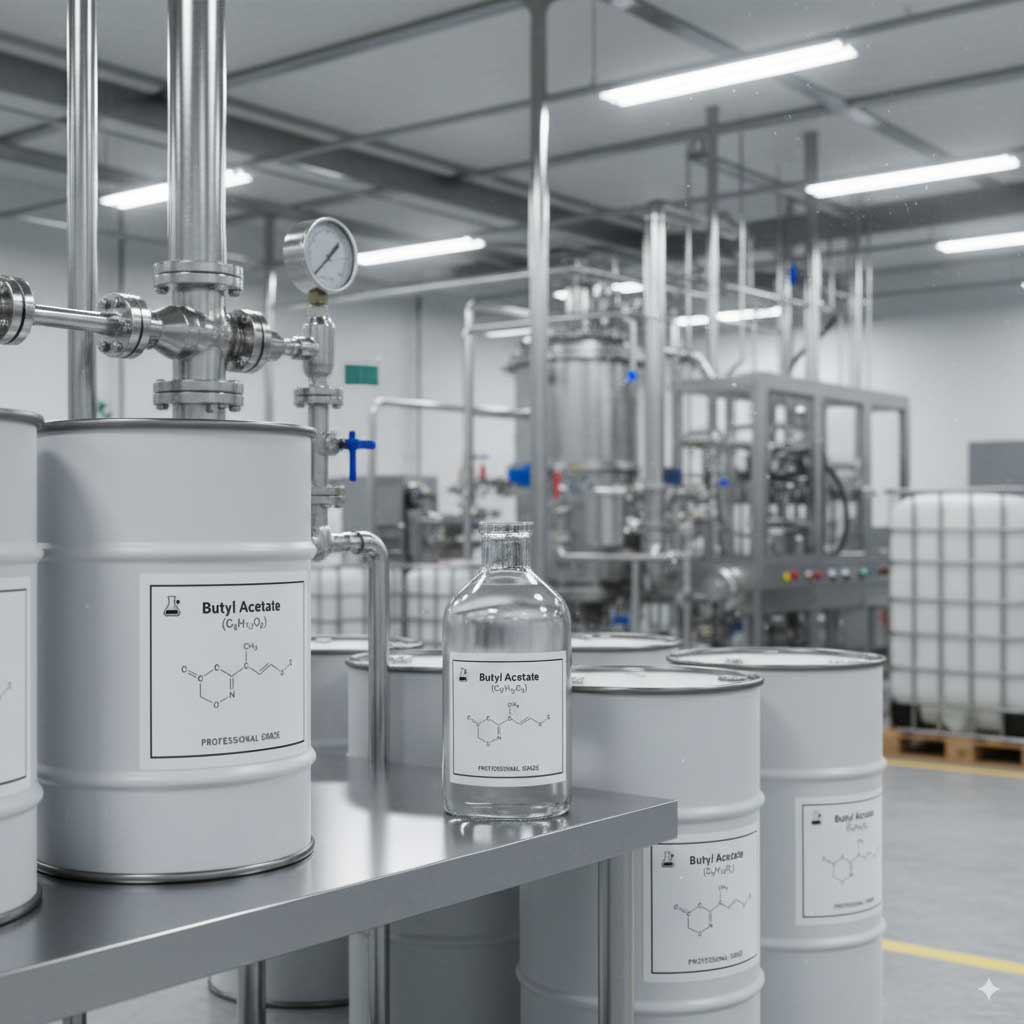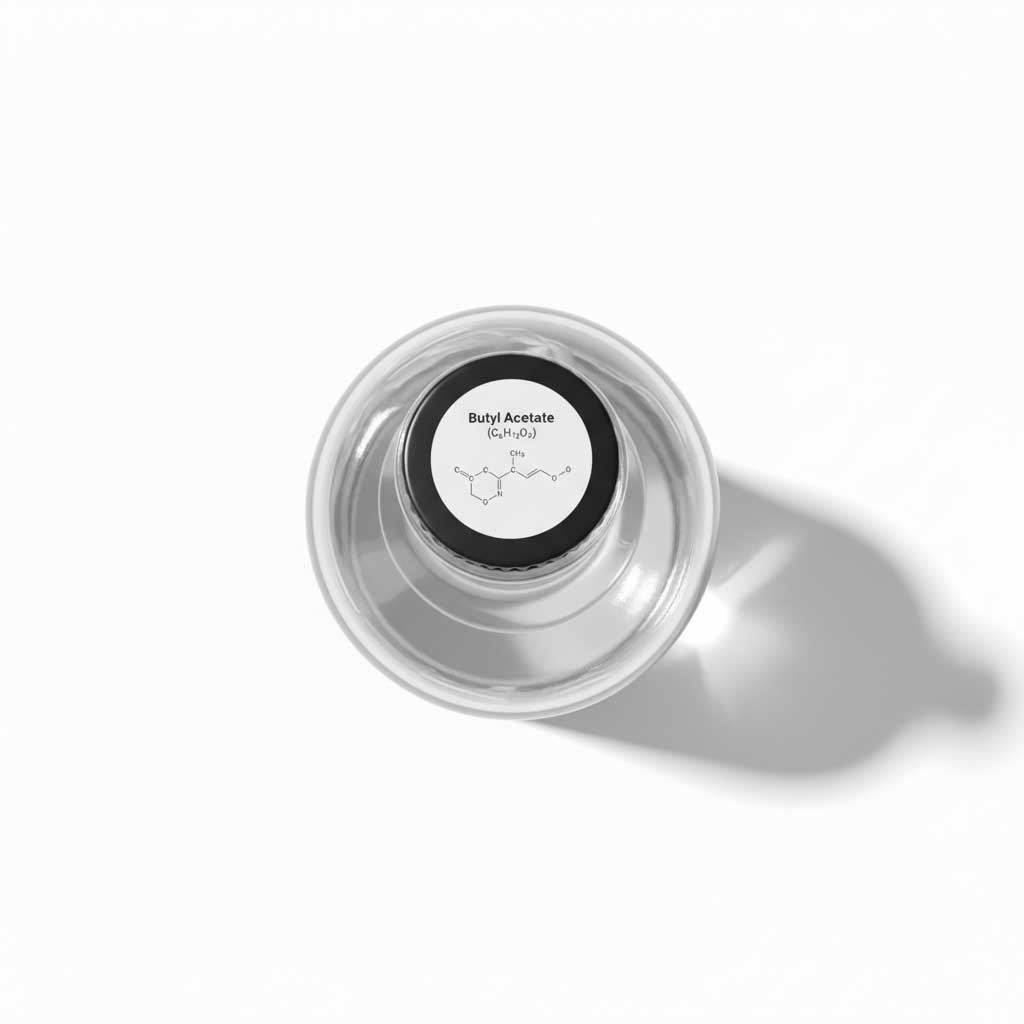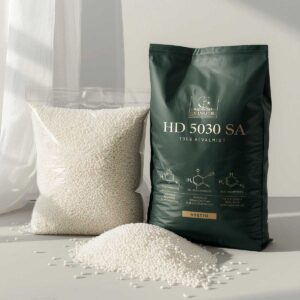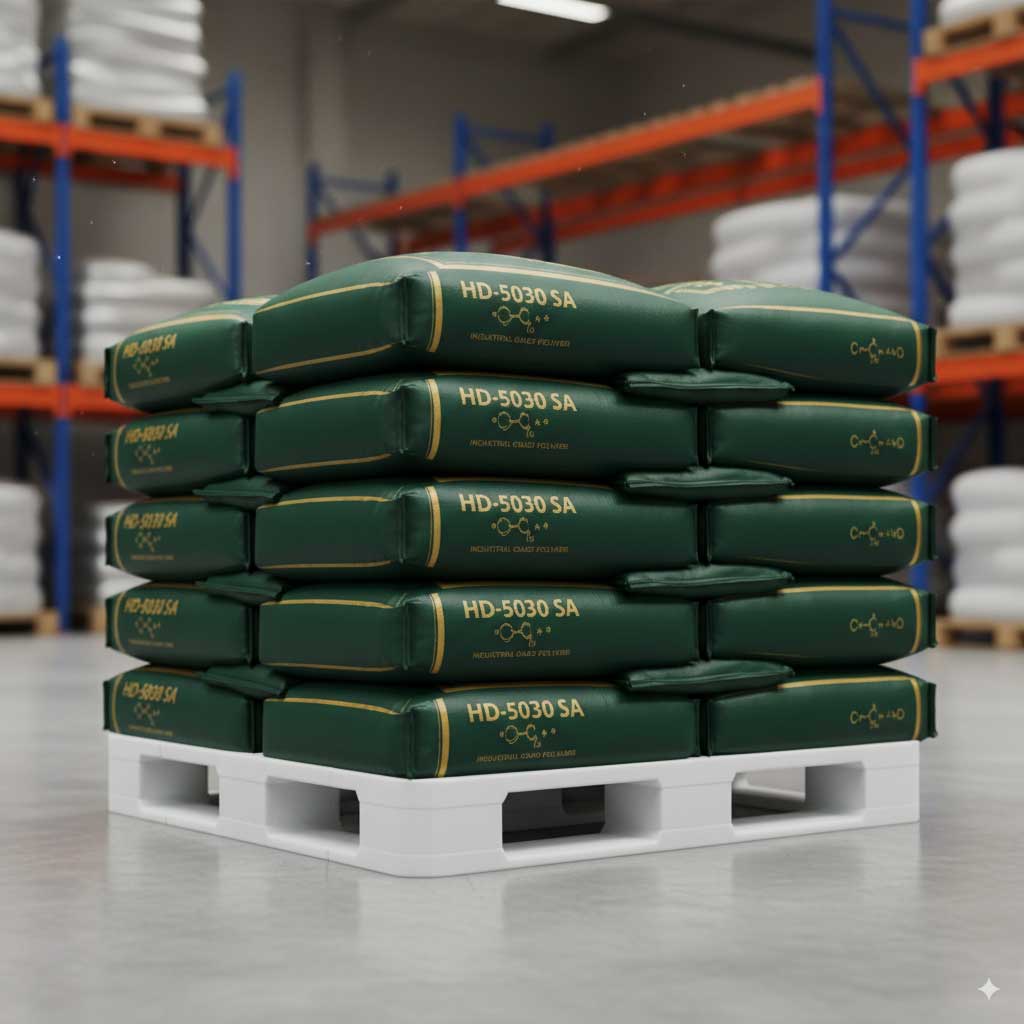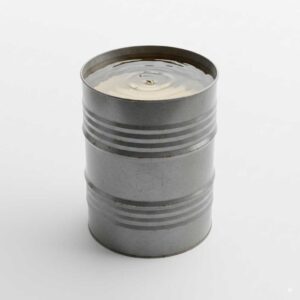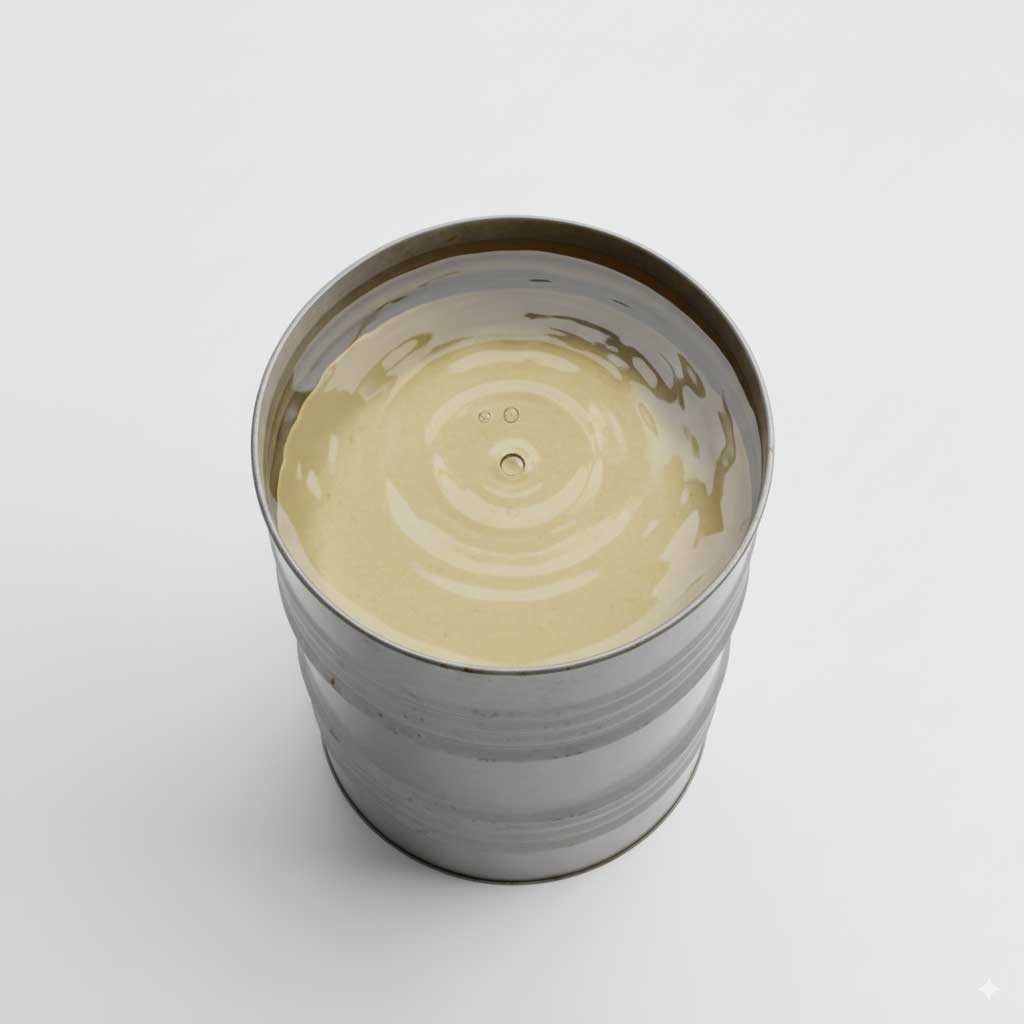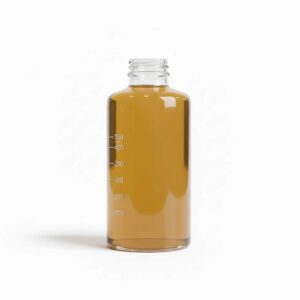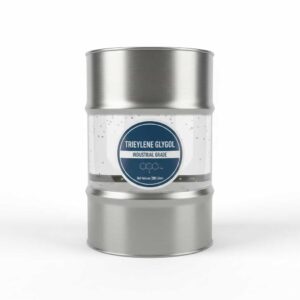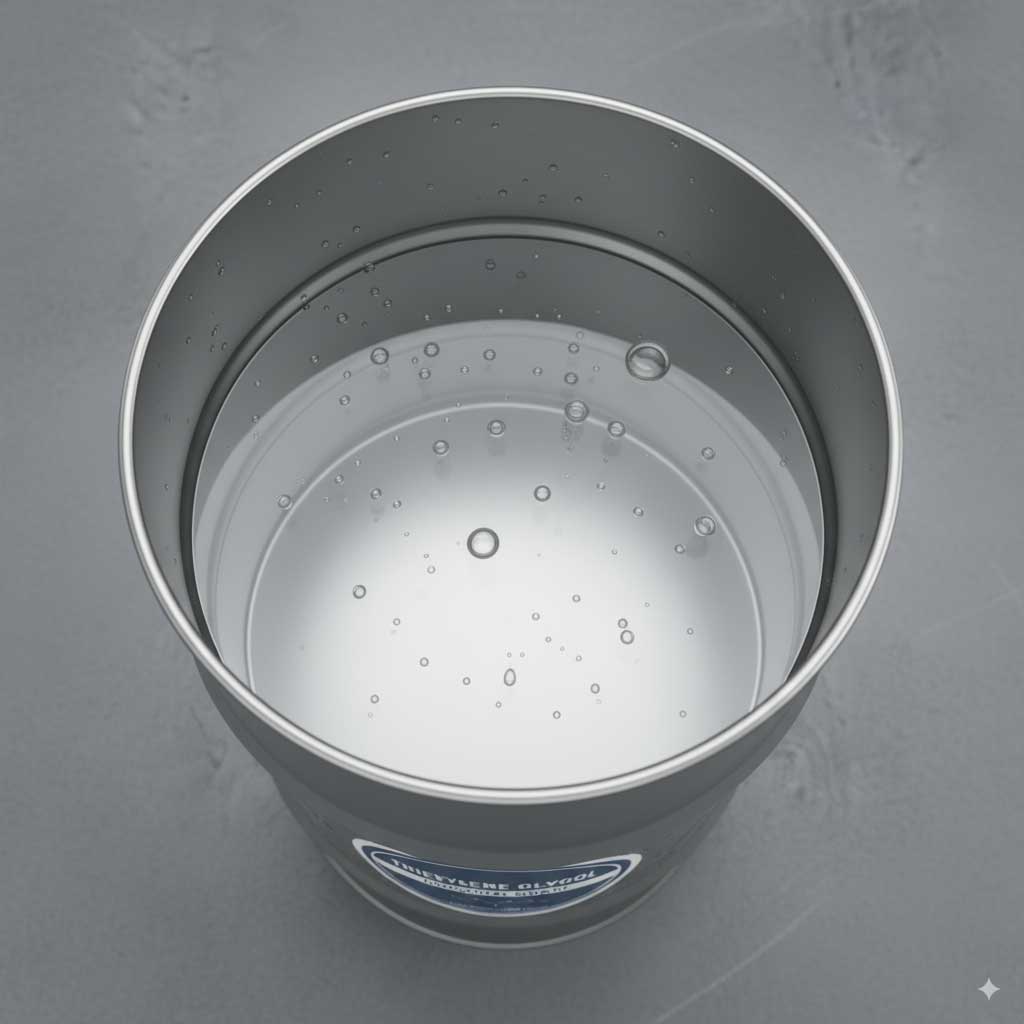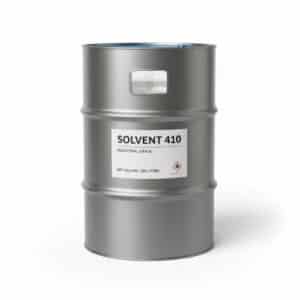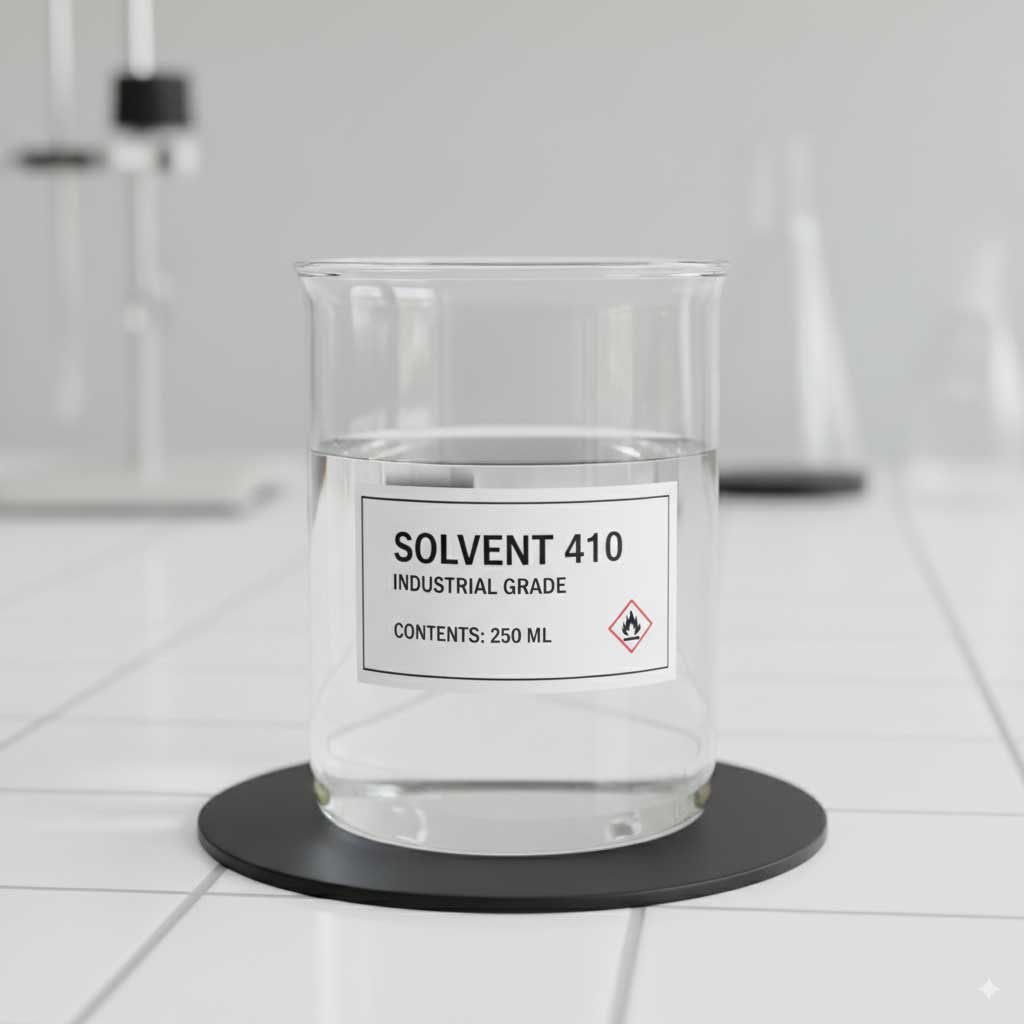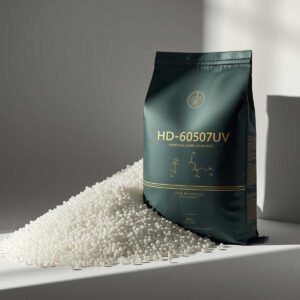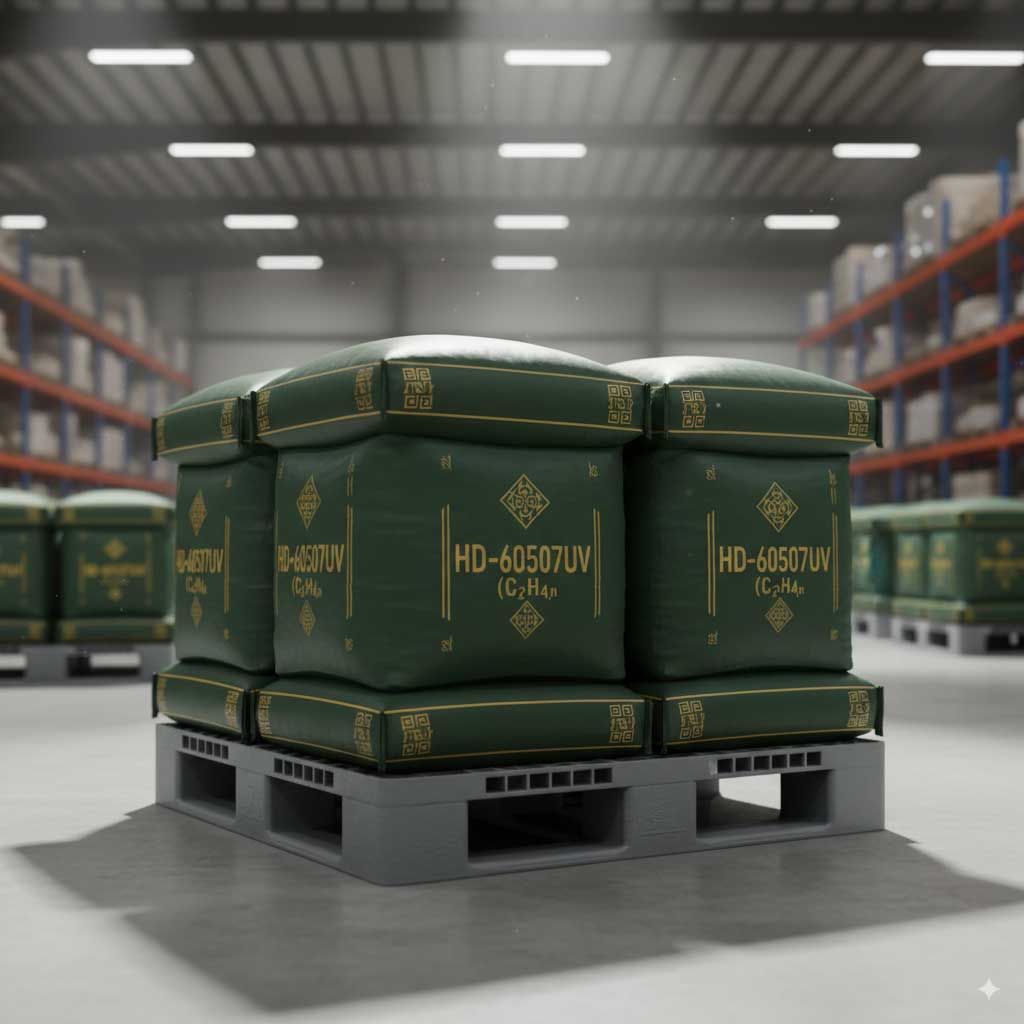No products in the cart.
Categories : Chemical, Industrial, Raw materials
Butyl Acetate
Common Names:
- Butyl Acetate
- BA
- n-Butyl Acetate
- Butyl Ethanoate
Image is for illustration only. For real photos and product details, please contact us.
Content sharing:
WhatsApp
Telegram
Email
LinkedIn
X
Facebook
Butyl Acetate is a clear, colorless organic ester with a mild fruity odor, widely used as an organic solvent in various industries. Due to its excellent solvency for resins, paints, coatings, and adhesives, it has broad industrial applications. Butyl Acetate mixes easily with most organic solvents and is a preferred choice in industrial coatings and cosmetic formulations.
Properties
- Clear and colorless
- Mild fruity odor
- High solubility for resins and varnishes
- Controlled and uniform evaporation
Applications
- Paints and coatings industries
- Wood varnishes and finishes
- Industrial and household adhesives
- Solvent in cosmetic and personal care products
Technical Specifications
- Chemical formula: C6H12O2
- Molecular weight: 116.16 g/mol
- Boiling point: 126 °C
- Density: 0.88 g/cm³
- Solubility: Soluble in most organic solvents
Safety & Precautions
- Flammable; keep away from heat and open flames
- Avoid inhalation of concentrated vapors
- Limit skin and eye contact
- Use personal protective equipment (gloves, goggles, and proper ventilation)
Packaging & Storage
- Packaging: 220L drums, specialized bags, and standard industrial containers
- Storage: Store in a cool, dry place away from direct sunlight and heat sources
Industrial Applications
Butyl Acetate is widely used in industries including printing, paint manufacturing, wood coatings, adhesives, and cosmetics. Its uniform evaporation and high solvency make it one of the main solvents in both industrial and consumer products.
In the 1920s, Butyl Acetate was used as a primary solvent in artistic varnishes and wood coatings in Europe, significantly improving the quality and durability of coatings.
Recent studies show that using high-purity Butyl Acetate in combination with acrylic resins can reduce drying time and improve surface resistance. Scientific Source
Note: The images on this page are for illustration purposes only and have been generated using AI. The actual product’s appearance, color, and packaging may vary. For real photos and detailed specifications, please contact our sales team.

